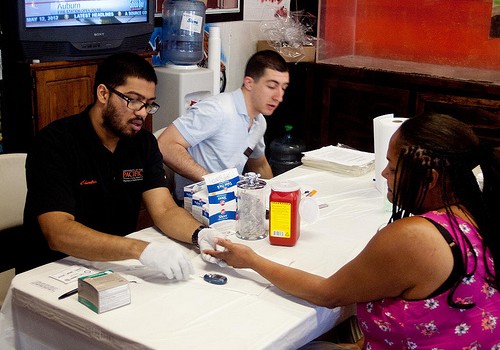
What are the signs of high blood sugar?
High blood sugar is associated with obesity and diabetes, a healthy balanced diet stops fluctuations of blood sugar and keeps it stable. If diabetics eat too much food or have too little insulin their blood sugar level rises. The symptoms are constant need for urination, more than usual such as in the middle of the night. Drowsiness and nausea are associated to high sugar levels as are extreme hunger and particularly a thirst feeling which cannot be quenched with drinking water. In extreme cases blurred vision can be apparent, if this happens you should seek medical help as soon as possible.
- Important notification about information and brand names used in this slideshow!
- Photo courtesy of Patrick Giblin by Flickr : www.flickr.com/photos/inkyhack/7206431118/
- www.examiner.com/article/ways-to-lower-your-blood-sugar-quickly
- http://diabeteshealth.com/read/2013/04/04/7830/five-simple-ways-to-lower-your-blood-sugar/
- http://www.webmd.com/healthy-aging/nutrition-world-2/exercise-lower-blood-sugar
- http://www.diabetes.co.uk/how-to/bring-down-high-blood-sugar-levels.html

Exercise can help lowering blood sugar
Exercise is an important aspect of lowering your blood sugar levels, hence why many obese people who fail to exercise develop diabetes. As you exercise your muscles use more glucose which is the sugar in your blood stream. Therefore as you exercise you are burning any excess glucose or sugar to maintain a healthy level. Over time this will lower your blood sugar but it is important not to overdo it as if you train too hard the body releases a stress hormone that can actually increase the blood sugar level. So gentle exercise can be very beneficial but remember to pace yourself.

Drink more water
If your blood sugar has gone too high and you start to feel the symptoms as mentioned earlier drinking water can help to bring it back down quickly without the need for medical attention. Drink two eight ounce glasses as quickly as you can, then have a five to ten minute break before drinking a third which should cause you to urinate. This will help to flush the excess sugar out the body while diluting the blood to quickly remove it from the blood stream. If this fails to work you will need to use insulin or contact the emergency medical services as high blood glucose can be very dangerous.

Reduce stress
Stress is one of the major factors of increased blood sugar. When we become stressed our adrenal glands release glucose in our organs as it determines we are getting ready for action which is what will lead to an increase level in the bloodstream. If a person is diabetic they are unable to control this with natural insulin. You should find ways to lower your stress levels such as removing yourself from the stressful situation or undertaking relaxing exercise such as yoga or tai chi. Massage is a great stress reliever and it also works to flush excess glucose from the muscles.
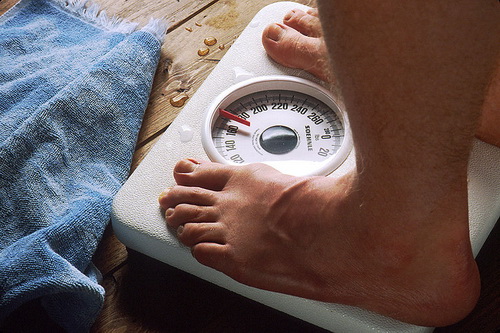
Keep an eye on your weight
As mentioned before people with obesity find it hard to regulate their blood sugar which leads to diabetes. It is important to keep your weight under control to avoid the body being unable to produce the correct amount of insulin and risking an increase in blood sugar. Eating excessive fatty or sugary foods spikes the sugar in the bloodstream forcing the body to produce more insulin, eventually if this is put under too much pressure it fails to work effectively. Exercise regularly and maintain a healthy diet to avoid your weight increasing and causing high sugar levels.
- Important notification about information and brand names used in this slideshow!
- Photo courtesy of Bill Branson, National Cancer Institute by Wikimedia Commons : commons.wikimedia.org/wiki/File:Feet_on_scale.jpg
- www.diabetes.co.uk/stress-and-blood-glucose-levels.html
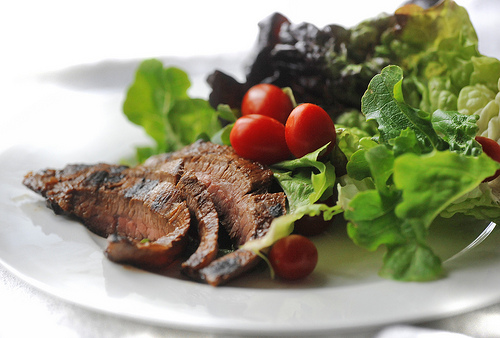
Eat healthy
Eating healthy will help to control your blood sugar. When changing your eating habits change one thing at a time instead of everything as this will make it easier to continue. Don't skip any meals and try to space out your meals throughout the day to control the sugar level and keep it stable instead going up and down when eating big meals. 6 small meals is much better than eating 3 big ones. Cutting down on your complex carbohydrates such as bread and pasta can help, you don't need to cut it out completely as you need it for energy but avoid eating heavy carb meals late in the evening otherwise the blood sugar will increase over night and the body has to work hard to get rid of it.
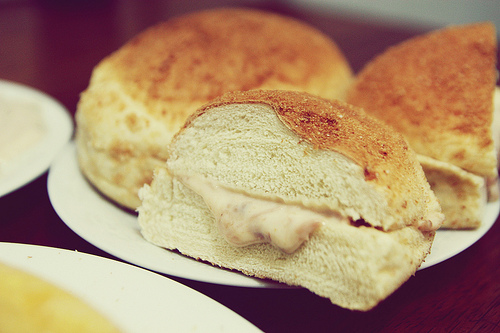
Choose your snacks smarter
As part of a healthy diet it is important to make the right snack choices. Nuts are a great choice for a snack as they are high in protein and fibre which is digested slowly to avoid a spike in blood sugar. Research also suggests that nuts boos our insulin sensitityve which is an added bonus. avocados are also high in healthy fat which is digested slowly and keeps the blood sugar steady, and try changing traditional fries for sweet potatoes fries. For a sweet treat include apples and pears which are also digested slowly and high in fibre, try to avoid sugary snacks which digest too quickly.
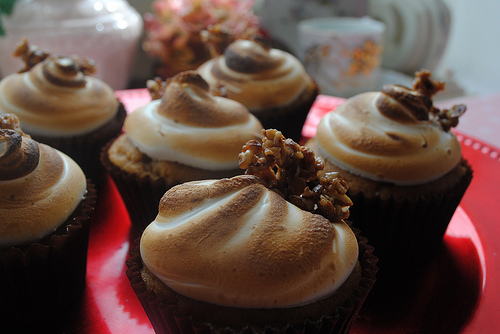
Do not reduce your blood sugar levels down to nothing
It should never be your intention to reduce your blood sugar to 0 as having to low a sugar level is just as problematic as high. If it becomes too low it is called hypoglycaemia which can have very severe consequences. Signs of hypoglycaemia are paleness, trembling, perspiration, weakness, hunger and fatigue. If you experience these symptoms you need to eat something high in sugar to quickly boost the level, if you continually experience a hypoglycaemic state you will be prone to weakened adrenal and pituitary glands which need to be treated with medication and at risk of developing diabetes and needing to inject insulin.
- Important notification about information and brand names used in this slideshow!
- Photo courtesy of DixieBelleCupcakeCafe by Flickr : www.flickr.com/photos/dixiebellecupcakecafe/5328488712/
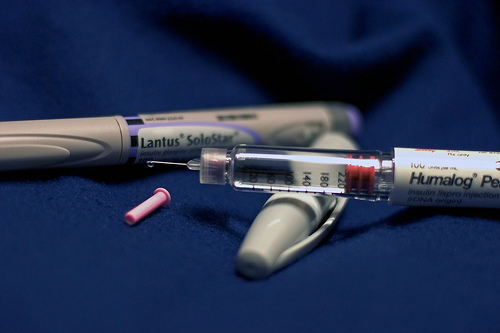
There's no alternative to insulin or any other diabetic drugs prescribed by your doctor
If you experience high blood sugar and cannot control it with your diet or weight loss and become diabetic you will be using prescribed insulin and diabetic drugs for potentially the rest of your life. And there is no other way around it, the body needs insulin to regulate the blood sugar, if the body cannot produce it naturally it has to be supplemented and no amount of healthy diet or exercise can change that. Not taking your prescribed insulin can cause you to go in a diabetic coma as the body shuts down so if you need it you have got to take it!
- Important notification about information and brand names used in this slideshow!
- Photo courtesy of sriram bala by Flickr : www.flickr.com/photos/sriram/1582567853/
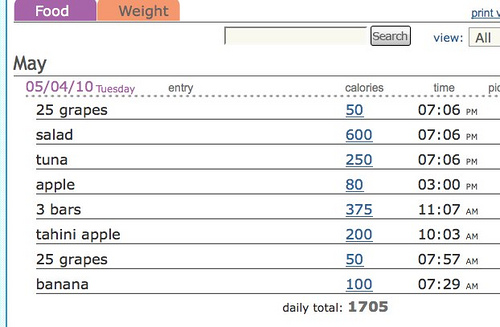
Calculate your daily calories intake
Over or under eating is what causes your blood sugar to fluctuate excessively. To avoid overeating and gaining weight you can calculate how many calories you actually need, the average is 2000 per day for women and 2500 for men but this is purely an estimation. But there are many online calculators that take into account your age, weight etc to give accurate calorie intake. They can also be adjusted if you are looking to loose weight to see how many your body actually needs compared to what you are taking in. If you take in more than you need or use you gain weight and vice versa.


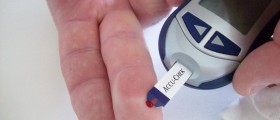
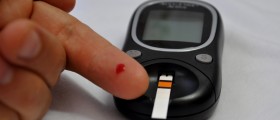







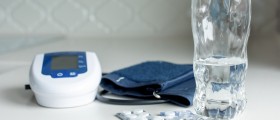
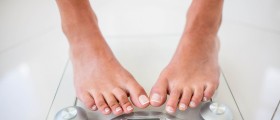
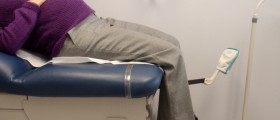
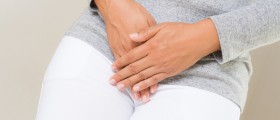


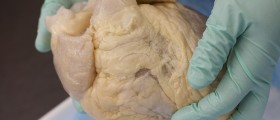

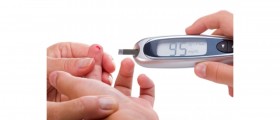



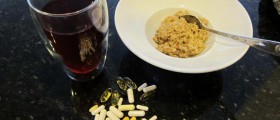
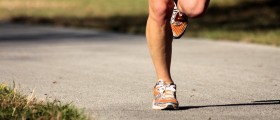
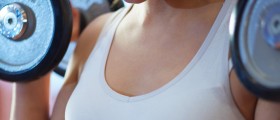

Your thoughts on this
Loading...